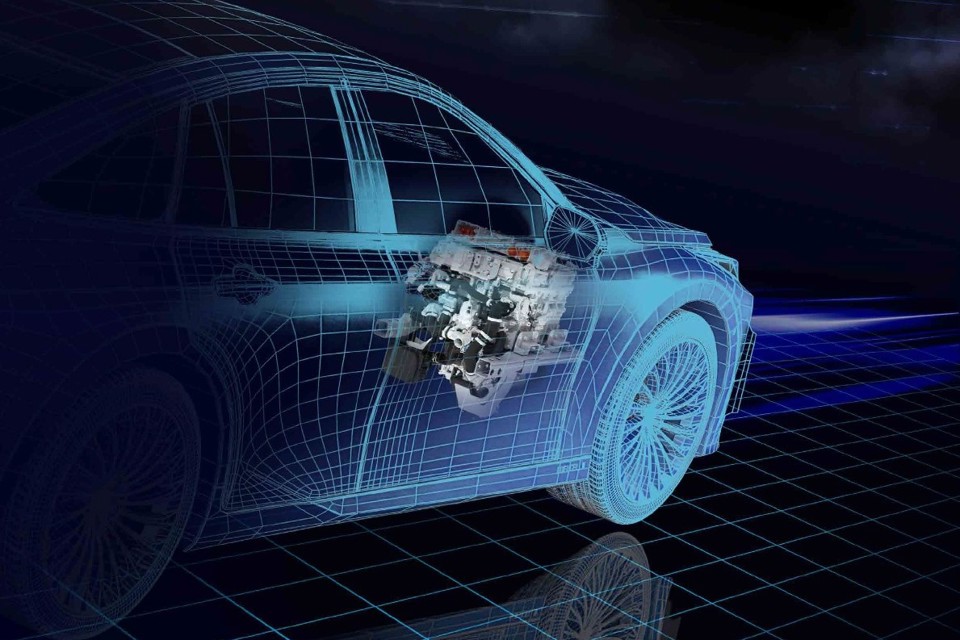Toyota has developed a new hydrogen fuel cell system, with improved range and significantly lower costs, which it wants to start putting into cars and commercial vehicles.
The new third-generation powertrain promises the same durability as a conventional diesel engine and will particularly suit the needs of commercial vehicles.
However it will be utilised in both passenger cars and commercial vehicles, with a market introduction planned for 2027.
Building on the first- and second-generation fuel cell systems, Toyota's latest solution is more compact, cheaper and more efficient.
Fuel efficiency is said to be 1.2 times better, improving range by 20%.
Toyota also claims a "significant" production cost reduction.
Toyota views hydrogen as an important fuel in the pursuit of carbon neutrality. It is collaborating with partners across different industry sectors and it sees continuous evolution of fuel cell technology as necessary to further accelerate its adoption to help achieve a hydrogen society.
It said the third generation FC system represents "a significant step-change" in this process.
Toyota launched Mirai, its first production fuel cell electric vehicle (FCEV) in 2014, since when it has sold approximately 28,000 units across more than 30 markets around the world.
In 2019, the company began supplying fuel cell systems for other applications, such as buses, trains and stationary power generators, and more than 2,700 units have been delivered to more than 100 customers globally.


















Login to comment
Comments
No comments have been made yet.